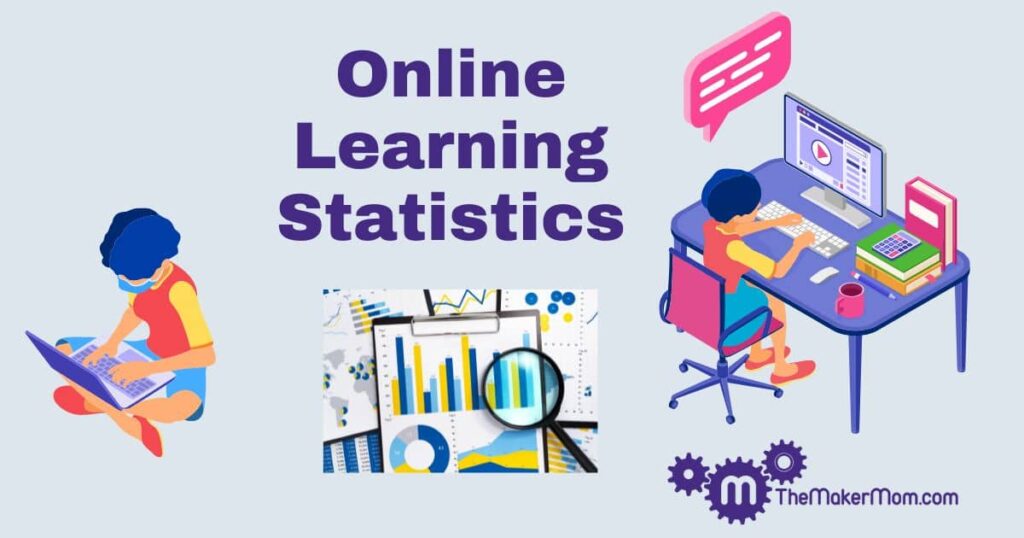Understanding the Challenges: Why Students Find Statistics Tough and Just How Tutoring Assists
Statistics presents numerous challenges for pupils. The details of fundamental ideas, coupled with complex terminology, commonly lead to misunderstandings. Misinterpretations can originate from cognitive biases, especially in distinguishing relationship from causation. Customized tutoring becomes a viable solution, using tailored guideline that addresses individual learning requirements. As students browse these obstacles, they may discover that the ideal assistance can transform their understanding and perspective towards the topic. What various other advantages might this technique deal?
The Intricacy of Statistical Ideas
Although analytical ideas are vital for data analysis, their intricacy often postures considerable difficulties for students. Lots of trainees battle to grasp foundational concepts such as likelihood, distributions, and hypothesis screening. These concepts require not only mathematical skills yet also an understanding of their real-world applications, which can be abstract and unintuitive. Using jargon and technological language even more complicates the discovering process, making it challenging for trainees to link concept with technique. In addition, the interaction between different statistical methods can lead to confusion, specifically when establishing the proper strategy for a provided dataset. As students attempt to browse these intricate ideas, they may end up being overloaded, leading to irritation and disengagement. This intricacy necessitates effective mentor approaches and helpful sources, such as tutoring, to assist students develop self-confidence and achieve a much deeper understanding of statistics. Recognizing these obstacles is the very first step toward promoting much better educational end results in the field.
Obstacles in Information Analysis
Information analysis presents significant obstacles that can hinder precise analysis and decision-making. Students usually battle to draw meaningful conclusions from information because of a lack of experience with different analytical methods and devices. Misconception can arise from the frustrating amount of details, resulting in complication about which metrics matter. Furthermore, cognitive prejudices may cloud judgment, causing trainees to favor data that validates pre-existing ideas as opposed to reviewing info fairly.
Another challenge exists in differentiating correlation from causation, an essential principle that can alter understanding of relationships within information collections. The visual depiction of data, such as graphes and charts, can sometimes misinform if not analyzed properly, resulting in unreliable verdicts. These obstacles emphasize the relevance of creating strong information analysis skills, as they are essential for making informed decisions in both real-world and academic contexts. Efficient tutoring can provide the support needed to get over these hurdles and foster higher understanding.
The Role of Likelihood in Data
How does probability form the foundation of analytical analysis? Chance works as a critical tool in stats, allowing scientists to make inferences about populaces based upon example information. By measuring uncertainty, possibility enables statisticians to approximate the probability of various end results, facilitating decision-making processes. For example, likelihood distributions, such as the normal distribution, supply essential frameworks for understanding data actions and variability.
Principles like theory testing depend greatly on possibility to establish the relevance of outcomes. This interplay in between possibility and data helps in examining the validity of cases and assisting further research study. Recognizing possibility is essential for interpreting statistical results properly, as it helps to contextualize findings within their broader uncertainty. A solid understanding of chance principles furnishes trainees with the logical abilities required to take on intricate analytical challenges, fostering a more profound understanding of the subject issue.
Common Misconceptions Regarding Data
What are some common misconceptions that frequently shadow the understanding of statistics? Several individuals incorrectly think that statistics merely involves numbers, neglecting its conceptual foundations. Some presume that a small example size can produce trustworthy conclusions, overlooking the relevance of representative data. One more common mistaken belief is the belief that correlation indicates causation, bring about wrong interpretations of relationships in between variables. In addition, lots of trainees think that data is solely regarding calculations instead than recognizing its function in information analysis and decision-making. Others might view data as a stiff technique, falling short to appreciate its adaptability in numerous contexts. Misunderstandings concerning analytical importance, such as corresponding it with functional relevance, also add to complication. These mistaken beliefs can hinder pupils' capacity to realize analytical principles properly, frequently causing aggravation and stress and anxiety when involving with the subject. Addressing these misconceptions is important for cultivating an extra extensive understanding of stats.
The Benefits of Tailored Tutoring
Customized coaching offers substantial advantages for pupils dealing with data, as it customizes instruction to private discovering styles and demands. This personalized strategy enables tutors to identify certain areas of difficulty and adapt their teaching techniques as necessary. By focusing on the special challenges each student faces, customized tutoring fosters much deeper understanding and retention of statistical ideas.
In addition, one-on-one communication offers trainees with the chance to ask questions openly and obtain immediate feedback, boosting finding out effectiveness. Customized tutoring additionally helps construct self-confidence, as students development at their very own rate without the pressure of a class atmosphere.

Often Asked Questions
What Anticipation Is Needed Before Examining Data?
Prior understanding in standard mathematics, including algebra and math, is vital prior to examining data. Knowledge with concepts such as data, features, and variables analysis significantly improves understanding and application of analytical principles in real-world scenarios.
Exactly How Does Innovation Effect Learning Stats?
Technology enhances learning stats by supplying interactive tools, simulations, and visualizations that clarify concepts. Online platforms allow collective learning and accessibility to resources, promoting a deeper understanding of analytical approaches and motivating engagement among trainees.
Are There Particular Study Methods for Learning Statistics?
Efficient research techniques for understanding data include active exercise with analytic, using visual help, creating research study groups for joint learning, and applying real-world examples to improve understanding and retention of statistical principles.
What Professions Call For Strong Analytical Abilities?
Professions requiring solid statistical abilities consist of information expert, statistician, actuary, market scientist, and epidemiologist. These careers leverage statistical methods to interpret information, notify decisions, and solve intricate troubles throughout various sectors, improving total analytical abilities.
Exactly How Can Group Research Study Procedure Aid With Statistics?
Group research sessions improve understanding of data by promoting collaborative analytical, making it possible for varied perspectives on complex principles, and cultivating Statistics Help an encouraging setting where pupils can make clear uncertainties and reinforce learning with conversation and shared resources. AP Statistics Help.
